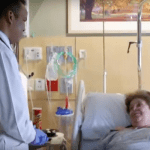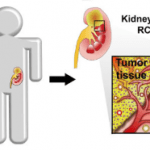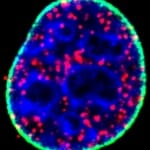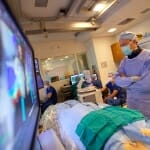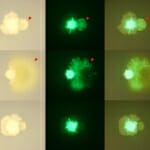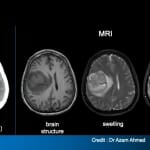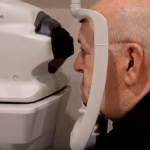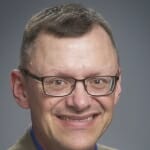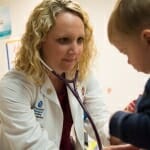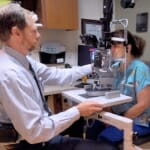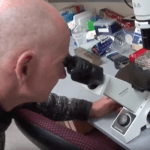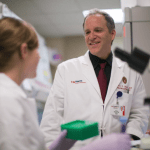Category Health & Wellness
UW–Madison helps confront rural health crisis
Multiple UW–Madison sources are interviewed in "Medicine on Main Street," a new WPT documentary about the health care challenges rural areas of Wisconsin are facing and what is being done to meet them. The program debuts Monday, April 8, at 9:30 p.m. Read More
School of Veterinary Medicine assists Wisconsin animal shelters with canine brucellosis response
Two dogs recently transported from overseas to animal shelters and rescue groups in Wisconsin have tested positive for canine brucellosis. The UW–Madison Shelter Medicine Program is advising the shelters on quarantine procedures. Read More
After winning online vote, researchers to assemble German shepherd genome
This genome will allow the group to expand its research into diseases that affect German shepherds. It will also contribute to further understanding of structural variation between the genomes of different dog breeds. Read More
Doctor’s brainstorm being realized at UW–Madison spinoff
Atrility hopes to market a device that would help in pediatric heart surgery. The design was begun by students in UW–Madison’s department of biomedical engineering. Read More
MR Guidance: Next frontier in hemorrhagic stroke
A UW–Madison startup called InseRT MRI has the goal of guiding drug placements in the brain with MRI, under a license to a patent held by WARF. Read More
A vision for rural eye care
Eye doctors are in short supply in rural Wisconsin, sometimes requiring patients to make a long drive to a distant city for an exam. But the UW Health Teleophthalmology program has a camera that can be used in remote locations to take photos of a person’s eyes, with the exam then being read by university-level ophthalmologists. Read More
Certificate program helps address state’s mental health care needs
The School of Nursing's Psychiatric Mental Health Care Certificate program helps health care providers throughout Wisconsin get certified to prescribe and diagnose in mental health cases. Read More
Baggott named University Health Services executive director
Baggott said the UHS position is “a tremendous leadership opportunity in arguably one of the best programs in the country.” Read More
A pharmacist-driven intervention to help veterans breathe easier
The service led by a UW–Madison pharmacy professor helps veterans who need it most, when they’ve recently been discharged from the hospital or emergency room with an exacerbation, he says. Read More
Program helps address shortage of physicians in rural areas
The program was created due to the shortage of physicians in rural Wisconsin. While 29 percent of Wisconsin residents live in rural locations, only 13 percent of physicians in Wisconsin have rural practices. Read More
Video: Stem cells, lab to clinic
David Gamm, director of the McPherson Eye Research Institute, and Forward Bio Institute director Bill Murphy explain how stem cell scientists at UW–Madison are working with industry to put scientific breakthroughs on the path to helping patients. Read More
UW Women at 150: Computer scientist Thelma Estrin
Thelma Estrin was an early pioneer of the field of medical informatics — the now commonplace practice of applying computers to medical research and treatment. She also was something of a trailblazer for women hoping to pursue careers in the sciences. Read More
Blue “blood” gives residents innovative microsurgery training
To train residents in microsurgery, UW physicians have developed the “blue-blood” chicken thigh simulator. Residents suture blood vessels together in chicken thighs perfused with IV fluid dyed blue. Read More
Waisman’s stem cell research into Down syndrome gives family hope
It’s not a cure for Down syndrome that Dave Witte and Cristina Delgadillo want for their 5-year-old daughter. But they would be happy if stem cell research at the Waisman Center reduces the complications faced by Olivia, who has had two heart surgeries and a stroke. Read More
Stem cells: How we got here, where we’re going
This is the first in a series of four videos about stem cell research at UW–Madison: how it started, what it's achieved, and where it's headed. Catch up on what's happened since James Thomson's prescient prediction that stem cells "will change medicine, period." Read More
UW surgeon’s book reveals history, missteps, successes of organ transplants
Dr. Josh Mezrich has written a book, “When Death Becomes Life: Notes from a Transplant Surgeon,” that gives an overview of transplant history and lays bare Mezrich’s trepidations and triumphs as a kidney and liver transplant surgeon at UW Hospital. Read More

